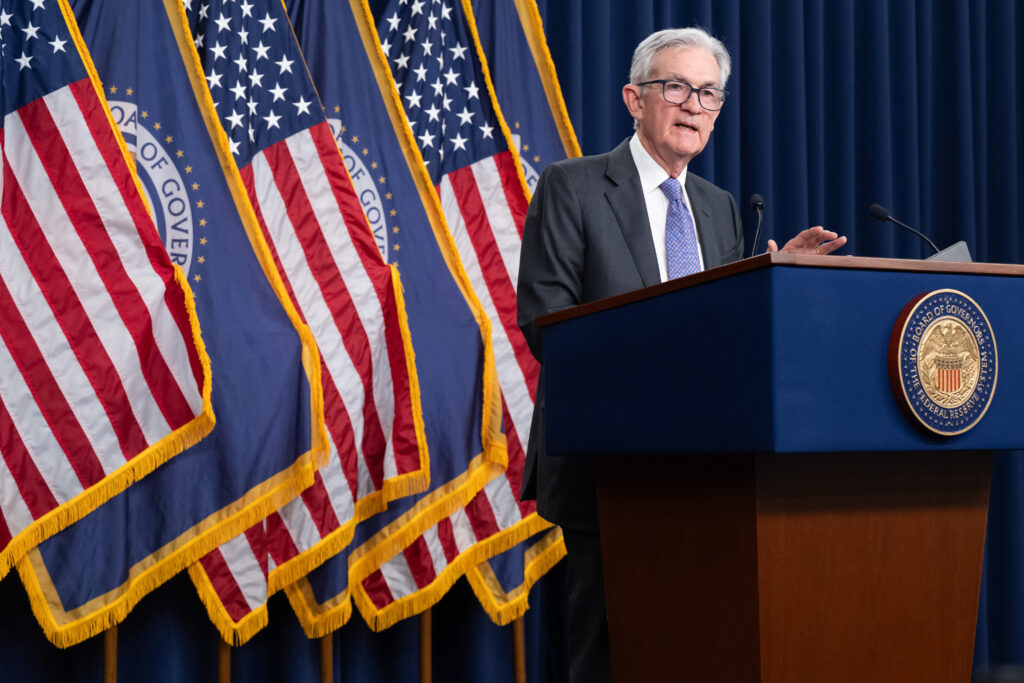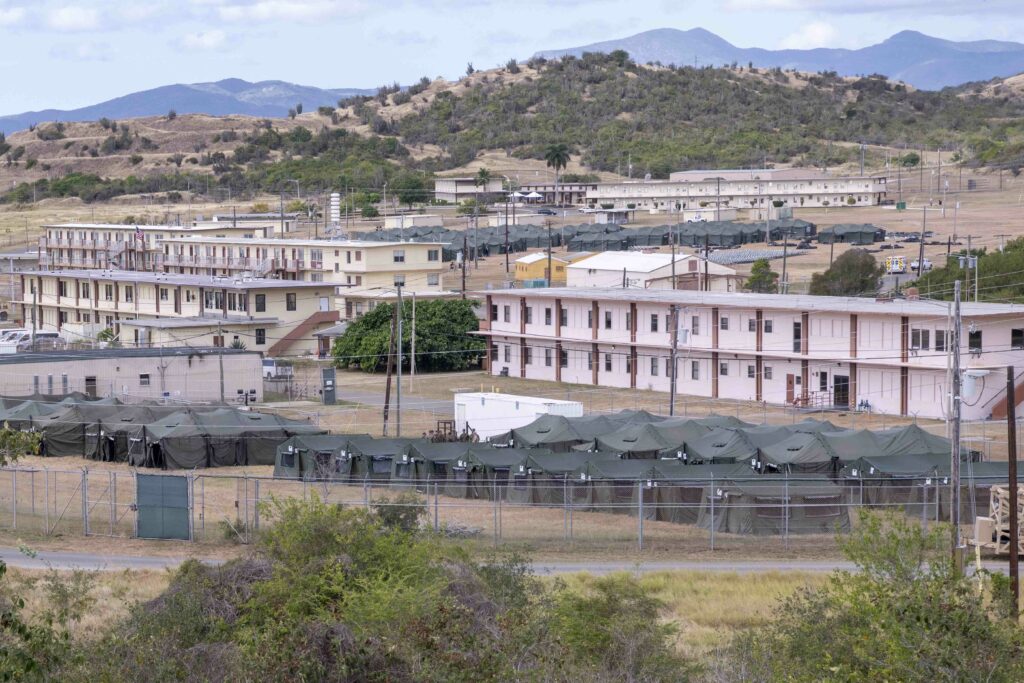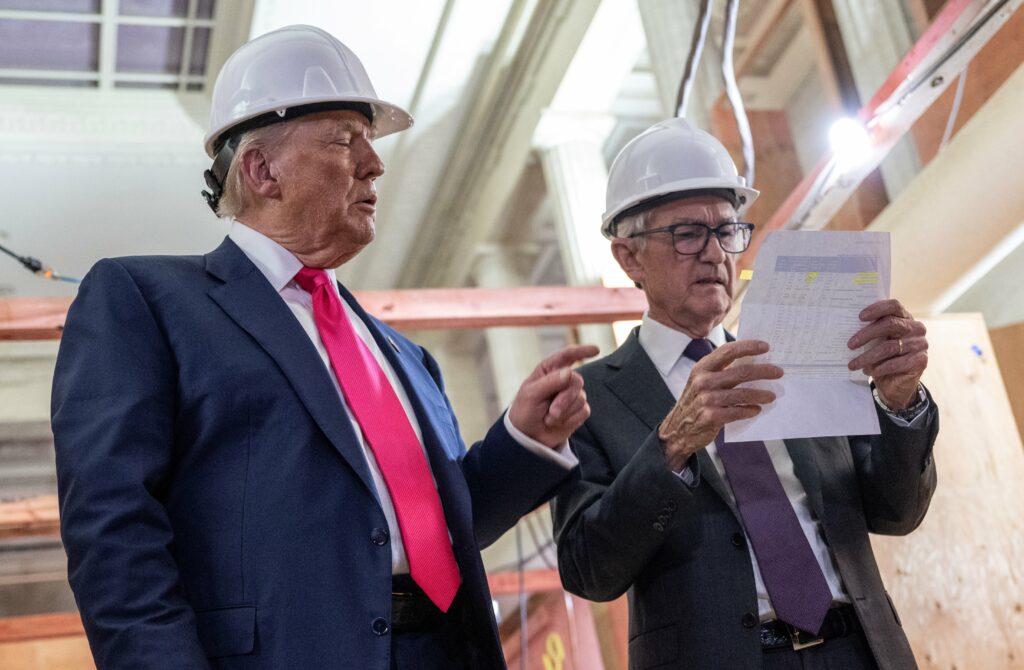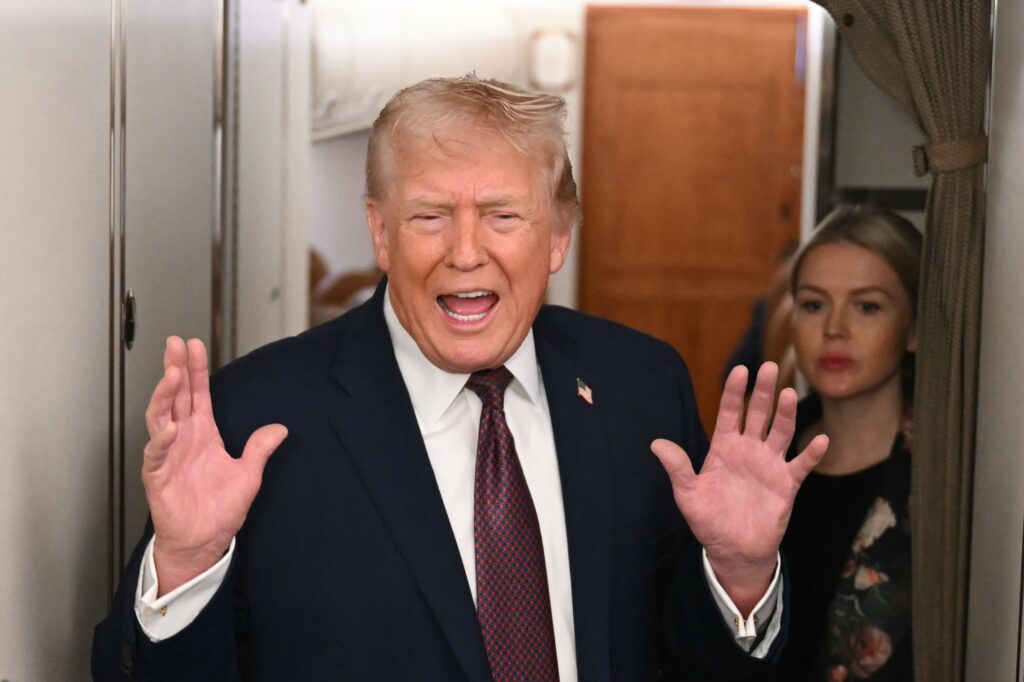Jerome Powell: The careful Fed chair standing firm against Trump
US Federal Reserve Chair Jerome Powell has generally avoided escalation in the face of Donald Trump’s relentless criticism — but in recent months, the central banker has become a rare figure to publicly resist his attacks.The change of tack was especially pronounced on Sunday night, when Powell accused the Trump administration of threatening him with prosecution to push the Fed into cutting interest rates. He warned that a new Department of Justice investigation targeting him was a threat to the central bank’s independence.”What made the statement so powerful is how rare it is,” Jason Furman, a top economic adviser to former US president Barack Obama, told AFP.”A year ago, Powell got a question about Donald Trump and the Fed, and gave a one-word answer,” added Furman, now a professor at Harvard University. “He has not wanted to be baited into a fight.”The fact that Powell felt the need to respond forcefully now “conveys just how serious the issue is,” Furman said.Powell, a 72-year-old former investment banker, took the helm at the Fed in 2018 after he was tapped by Trump to replace Janet Yellen. It was Trump’s first presidency.Powell then withstood months of withering attacks from Trump for raising interest rates.When Covid-19 took hold in 2020, the Fed rapidly slashed its benchmark rate to zero and rolled out new support measures, moves that helped to prevent a more severe downturn.His tenure won him praise and criticism from all sides as he maintained the central bank’s independence.Over that tumultuous period, Powell, who is also called “Jay,” managed to forge consensus among the diverse members of the Fed’s rate-setting committee.In 2021, the wealthy Republican with no formal economics training was nominated by Democratic President Joe Biden to lead the Fed for a second term.He proceeded to oversee a series of sharp rate hikes in 2022 to curb surging inflation after the pandemic, before beginning to cautiously lower rates again in 2024 and 2025 as he eyed the price effects from Trump’s sweeping new tariffs.- ‘The guy who stood up’ -Less than a year before his time as Fed chair expires in May 2026, however, Powell has again come under fire as Trump lashes out at him for not lowering interest rates more aggressively.Trump, now in his second presidency, has called Powell a “numbskull” and “moron,” and in July went so far as to suggest he could be dismissed for “fraud” over the handling of a $2.5 billion renovation project at the Fed’s headquarters.Since Trump returned to the White House, Powell has proven willing to compromise in certain areas, such as by pulling back on the Fed’s work on climate change.But “Trump pushed him too far this time, and he came out with all guns blazing,” Brookings senior fellow David Wessel said of the Fed chief’s sharp rebuke of the Justice Department probe.Wessel expects the forceful response will cement Powell’s legacy as “a Fed chair with a spine.””He will be seen as the guy who stood up for the independence of the Fed, and the rule of law,” Wessel told AFP.Already, Powell made headlines when he appeared with Trump in July as the president toured the under-renovation Fed buildings while criticizing cost overruns.In a brief exchange in front of reporters, Powell corrected Trump in real-time as the president claimed the price tag for the revamp had ballooned to $3.1 billion. The usually stoic Fed chair was seen shaking his head on camera while Trump spoke, and responding: “I haven’t heard that from anybody.”Prior to his appointment to the central bank in 2012 by then-president Obama, Powell was a scholar at the Bipartisan Policy Center think tank. The native of Washington served in the Treasury Department, in charge of financial institutions, for a brief period under Republican President George H.W. Bush.







